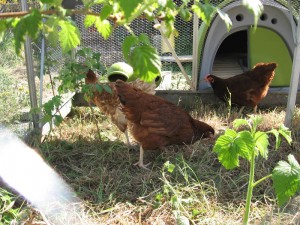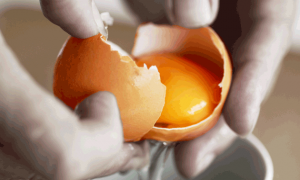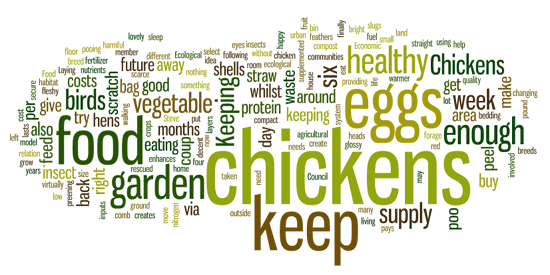We’ve had our chickens now for around 4 years, we don’t keep many in our Bolton Council house back garden because of its size, but we keep enough that they live a decent life right to the very end, and we get enough eggs to keep ourselves and two other families in good quality protein via the lovely eggs left to us by the chickens.
How do you keep chickens?
 Our chickens have the following things that keep them happy, a coup with straw on the floor and ample room for them to sleep, an area outside of the coup in which they can scratch, forage and make their cooling dust baths in the warmer months, fresh water every day and a healthy mixed diet. They will need their bedding of straw or shredded paper changing once a week, this waste can be put straight into a compost bin. And finally, but most importantly make their habitat secure from predators.
Our chickens have the following things that keep them happy, a coup with straw on the floor and ample room for them to sleep, an area outside of the coup in which they can scratch, forage and make their cooling dust baths in the warmer months, fresh water every day and a healthy mixed diet. They will need their bedding of straw or shredded paper changing once a week, this waste can be put straight into a compost bin. And finally, but most importantly make their habitat secure from predators.
What are the costs involved?
Laying hens can cost from nothing, if it’s a rescued chicken to about £50 each for rare breed birds, it would be a good idea to read up on some of the different breeds of birds in relation to your requirements at home. When you buy chickens, try to select healthy birds that have:
- bright eyes
- glossy feathers
- a red comb (the fleshy area on their heads)
Food – We feed our 3 hens on layers mash, which costs around £10 per 20 kilo bag, this lasts us over 2 months before we have to buy another bag. Their food is also supplemented with vegetable peel, oats, fruit peel and all the insects they can eat from the garden. In order to help them create strong healthy shells on their eggs, we add the ground down of shells of their eggs to their daily food.
What are the benefits of keeping chickens?
 Economic – Our chickens give us 21 eggs per week, we keep six four ourselves, give six away to a family member and someone gives us a pound a week for six eggs, which virtually pays for the chickens food.
Economic – Our chickens give us 21 eggs per week, we keep six four ourselves, give six away to a family member and someone gives us a pound a week for six eggs, which virtually pays for the chickens food.
Ecological – If you grow food in your garden as we do, keeping pest damage down without using chemicals of or other harmful inputs is very important. Chickens will scratch about in your winter vegetable beds eating insect eggs, slugs and other small creatures that may try to feed on your crops, whilst they are eating your insect problem they will also be providing nitrogen and other nutrients to the soil via their poo, and believe me they poo a lot, whilst they are feeding, preening, walking, they are pooing. Chickens are a compact ecological food and waste system in their own right.
Keeping Chickens in the future
Keeping chickens is something that needs to be taken up as we begin to move away from the fossil fuel driven agricultural model that controls our food supply. Keeping chickens within our communities creates a very low impact local food supply and enhances the fertility of the land that they are living on, be it a paddock, or urban back garden. During the resource scarce future that is rolling out before us, chickens eggs will supply you with enough protein to get you through each day, and will keep you in enough fertilizer to keep your vegetable garden clean and healthy.
Steve

